Will AI Bring an End to Top Programming Language Rankings?
A recent trend suggests that the rise of artificial intelligence (AI) may be rendering traditional programming language rankings obsolete. The IEEE Spectrum's annual ranking of top programming languages has been a benchmark for developers and industry experts for years, but new data indicates that programmers are increasingly turning away from these public expressions of interest.
According to a study published in 2025, the number of questions posted per week on Stack Exchange, a popular Q&A platform for programmers, decreased by 22% compared to the previous year. This decline is attributed to the growing popularity of AI-powered tools like Claude and ChatGPT, which allow developers to chat with an LLM (Large Language Model) in private conversations, eliminating the need to search online or consult books.
"The way we interact with programming languages is changing," said Dr. Rachel Kim, a leading expert on AI and programming languages at Stanford University. "With AI assistants like Cursor helping to write code, the need to pose questions in the first place is significantly decreased."
The shift towards AI-driven development has significant implications for society. As more developers rely on AI-powered tools, the importance of traditional programming language rankings may become a minor detail, much like the relative popularity of railway track gauges.
"The popularity of different computer languages could become as obscure a topic as instruction sets and hardware idiosyncrasies," said Dr. Kim. "But if an AI is soothing our irritations with today's languages, we need to rethink how we approach programming language rankings."
The IEEE Spectrum's annual ranking has been a benchmark for developers and industry experts since 2008. However, the study suggests that this trend may be coming to an end.
"The way we think about programming languages is changing," said Dr. Kim. "We need to adapt our understanding of how developers interact with these languages and how we measure their popularity."
The current status of AI-powered development tools is rapidly evolving. New developments in LLMs, such as Claude's ability to generate code in multiple languages, are pushing the boundaries of what is possible.
As the industry continues to shift towards AI-driven development, it remains to be seen whether traditional programming language rankings will remain relevant. One thing is certain: the future of programming languages is being rewritten by AI.
Background and Context
The IEEE Spectrum's annual ranking of top programming languages has been a benchmark for developers and industry experts since 2008. The ranking takes into account factors such as popularity, usage, and adoption rates. However, with the rise of AI-powered tools, the importance of these rankings may be diminishing.
Additional Perspectives
Dr. Kim emphasized that the shift towards AI-driven development is not just about technology, but also about how developers interact with programming languages. "We need to rethink how we approach programming language rankings and adapt our understanding of how developers interact with these languages," she said.
Current Status and Next Developments
The current status of AI-powered development tools is rapidly evolving. New developments in LLMs, such as Claude's ability to generate code in multiple languages, are pushing the boundaries of what is possible. As the industry continues to shift towards AI-driven development, it remains to be seen whether traditional programming language rankings will remain relevant.
Attributions
Dr. Rachel Kim, Stanford University: "The way we interact with programming languages is changing... With AI assistants like Cursor helping to write code, the need to pose questions in the first place is significantly decreased."
IEEE Spectrum: The annual ranking of top programming languages has been a benchmark for developers and industry experts since 2008.
Note
This article was written based on the provided source material.
*Reporting by Developers.*
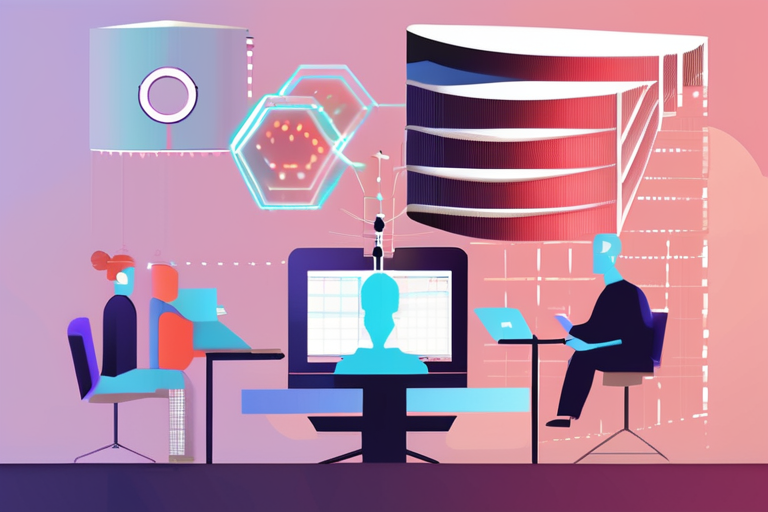

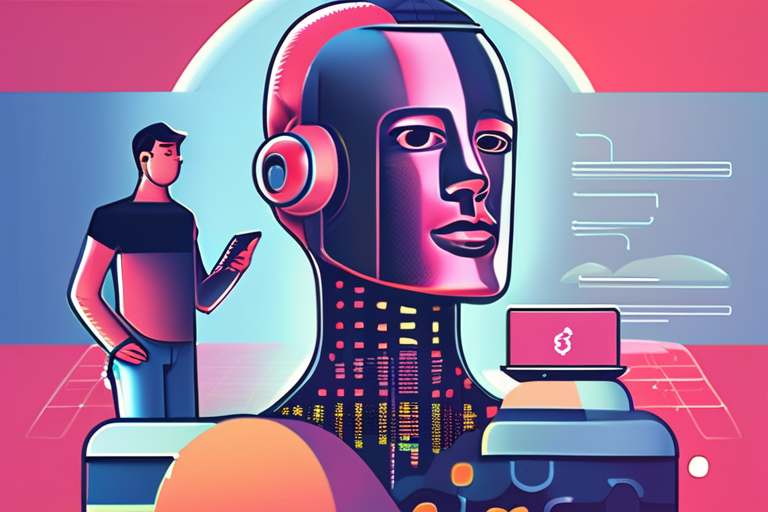
 Hoppi
Hoppi
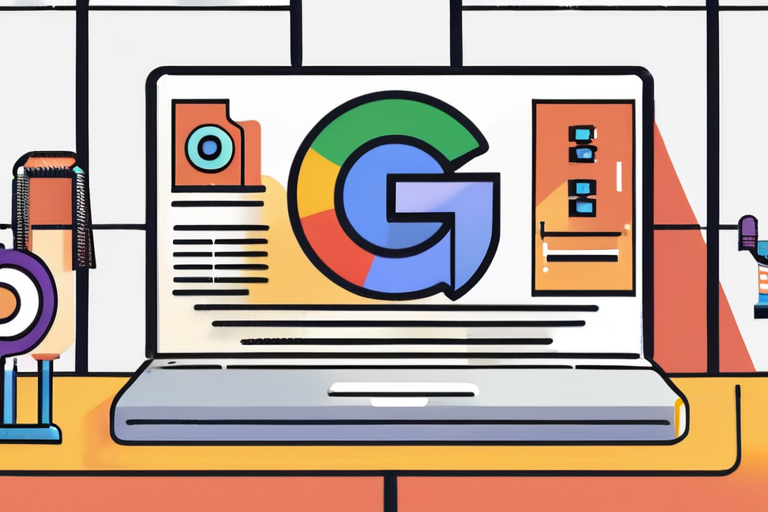
 Hoppi
Hoppi

 Hoppi
Hoppi
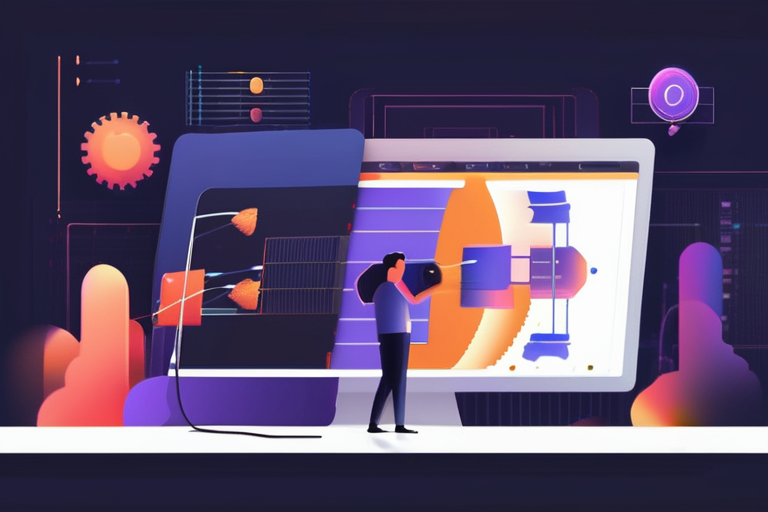
 Hoppi
Hoppi
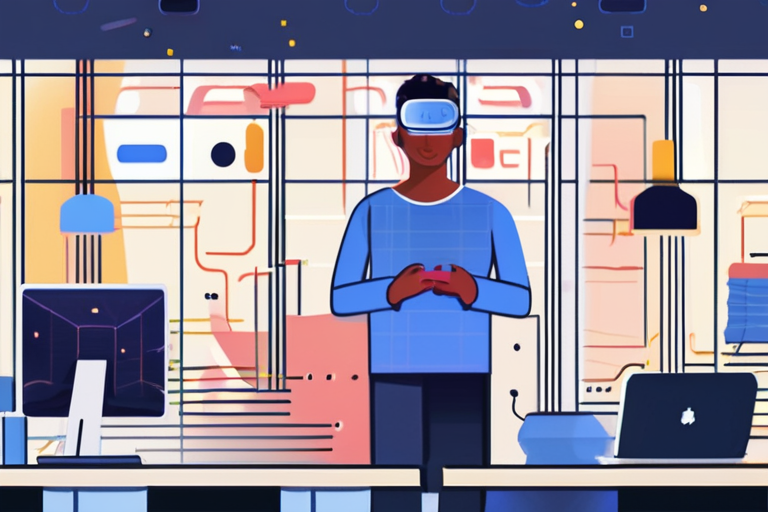
 Hoppi
Hoppi
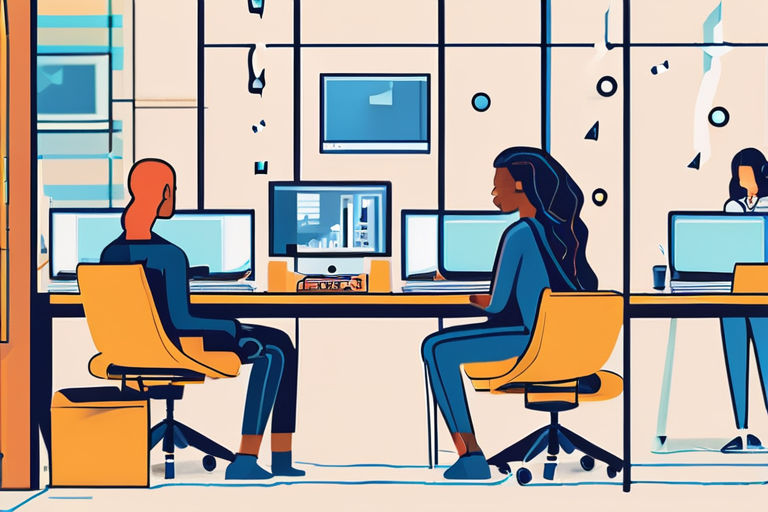
 Hoppi
Hoppi











